Table of Contents
Have you ever worried if someone was monitoring your internet activity somewhere? Given the forces aligned against your privacy, it’s a perfectly valid concern. You can use a VPN to protect yourself from data breaches on the internet, especially while utilizing public wi-fi networks, whether you work from a typical office, home office, iPhone, or on the road. This guide will address all of your VPN-related questions, including those you probably didn’t even consider.
Why do you need a VPN?
Data Privacy From the Apps and Services You Use
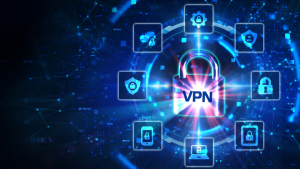
You leave traces while surfing, and corporations track your activity to deliver tailored advertisements or collect and sell information about you. Set up a free VPN connection to browse the web anonymously, safeguard your privacy, and avoid being tracked by marketers. Your device’s IP address is hidden, so no one can see what you’re doing.
It will provide Security on Public wi-fi
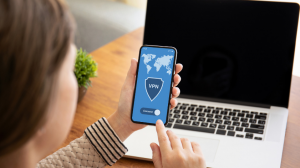
Surfing the web is inherently risky, mainly when using a public wi-fi network. Someone can be watching your online activities, whether you’re answering emails at a neighborhood coffee shop or reading through social media at the airport. Using a VPN connection to browse anonymously can protect your data from hackers by encrypting all data sent and received. Your passwords and personal finances will be safe this way.
It will help bypass geo-restrictions
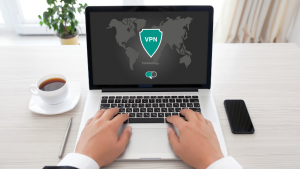
You can be able to unblock geo-restricted content using a VPN. You can fool a content provider into thinking you’re surfing in a different country or region where access is permitted by masking your IP address. Always check the Terms of Provider agreements for your streaming service to verify what’s allowed and follow their regulations. Also, keep in mind that using a VPN to circumvent a country’s regulations may result in legal consequences.
Protect Your Data From Your Internet Service Provider
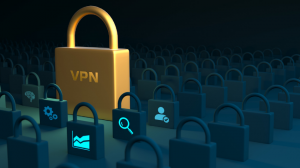
You are less likely to be reached by hackers when using your home wi-fi than when using a public network. However, your information is still at risk since your internet data is accessible to your internet service provider, which you pay each month for wi-fi. Your Internet service provider (ISP) can monitor when, where, and how you surf. Even if you choose the “private” surfing mode, this information can be gathered and sold to advertising, and it can be hazardous in the wrong hands if a data breach occurs. With a VPN, even your Internet Service Provider cannot know your IP address.
In which devices can you use a VPN?
Most VPN service providers, such as Avira, support the open VPN standard. OpenVPN is compatible with Mac, Android, Windows, Linux, iOS, and other platforms, unlike some other protocols that function best or only on specific operating systems. An open VPN standard is an excellent option if you want to use your VPN service on many devices.
How to set up a VPN?
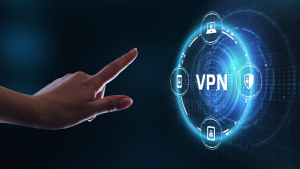
If you’d want a brief review of what’s involved before choosing a business service, or if you’d instead do it yourself, here is a broken down steps into simple instructions for you.
Set up a VPN on an Android device
Setting up a VPN on either iOS or Android devices doesn’t need much effort as it is straightforward. The process of configuring an app downloaded from the App Store is clear and should guide you through.
Setting up a VPN in Windows 10
- Go to the Windows button, then click Settings > Network & Internet > VPN. Add a VPN connection.
- In the fields, Choose Windows (built-in) for your VPN provider. Name your VPN and enter sign-in information and password. Then save your progress.


